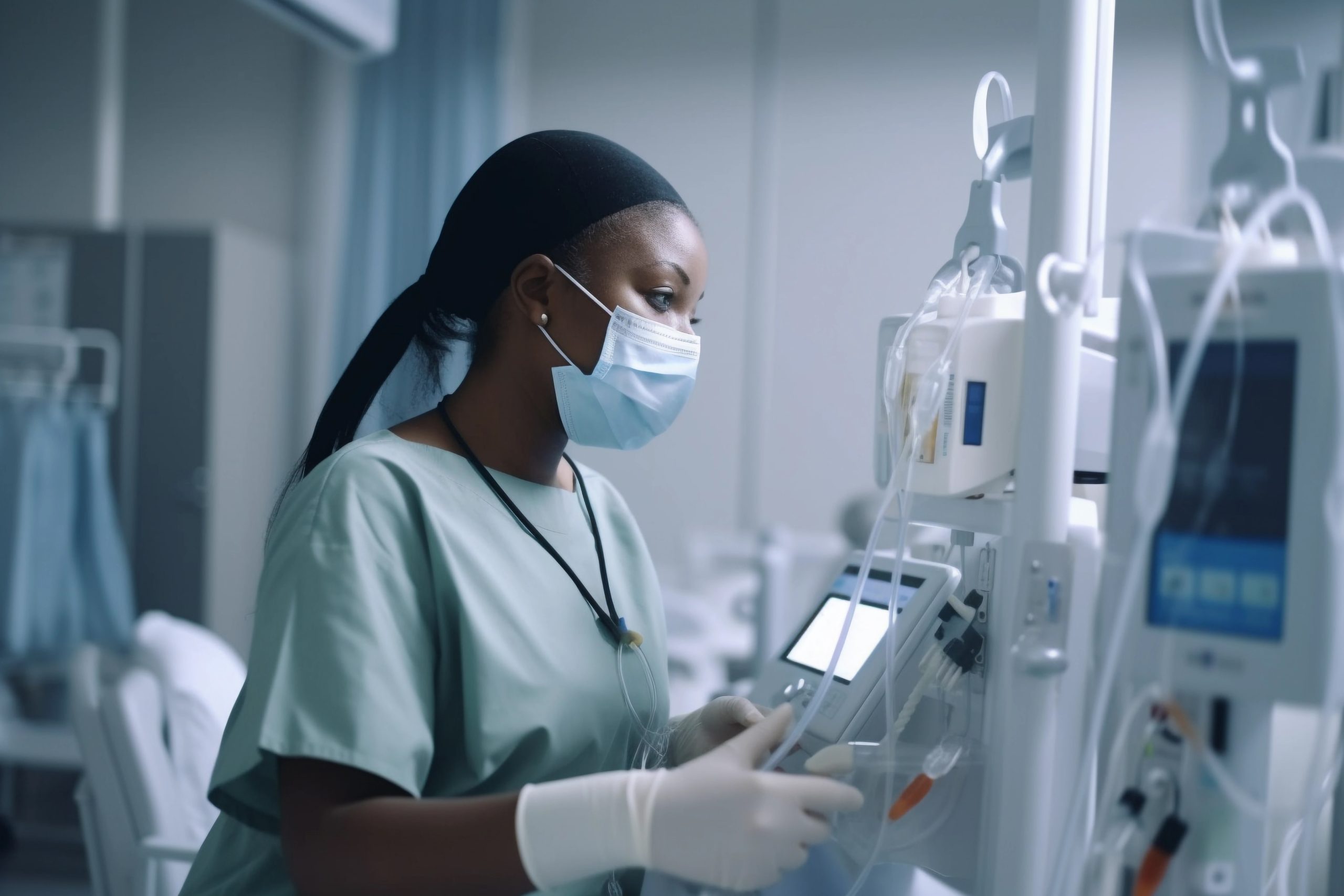Hospitals and healthcare facilities face many risks every single day, especially from contamination. Contamination in these settings can put people at risk, meaning hospitals and healthcare facilities must do the utmost they can to avoid contamination.
Hospitals and healthcare facilities are at risk of various types of contamination and are constantly being adapted to adjust for any physical, chemical, and/or biological agents that are being worked with. The potential risk of being exposed to contamination in these settings is particularly high, meaning there are significant challenges for a large range of personnel that are responsible for ensuring the health and safety of the staff, patients, and visitors.
Contamination can directly affect patients, for example producing complications in the repair and/or healing processes following certain surgical procedures. In addition, the spread of biological material and organisms can produce illness, infection, and in some cases even death, especially in susceptible individuals. In this kind of industry setting, it is likely strong chemicals will be used. This may lead to chemical contamination including toxic, corrosive, infectious, radioactive, flammable, chemically reactive/explosive, extremely volatile, and/or quite possibly, odiferous/smelly, or otherwise hazardous materials. An effective contamination control system must be set up to prevent the spread of materials, organisms, and chemicals.
This is where Dycem can help. Dycem Contamination Control Floor Mats prevent up to 99.9% of foot and/or wheel-borne contamination and 75% of airborne contamination. Dycem products can significantly assist in reducing the transmission of pathogenic (disease-causing) organisms and will attract, capture, and retain particles and organisms. Dycem mats are impregnated with Biomaster, an antimicrobial ingredient, which uses silver ion technology to prevent the growth of microbes and reduce harmful bacteria by up to 99.9%. This includes but is not limited to MRSA, VRE, and Acinetobacter baumannii.
Tim Sandle, Microbiologist, carried out a study on the use of Dycem mats in a hospital changing area. The study concerned a changing facility with high foot traffic, making it prone to contamination. Particle count was examined on the surfaces in the area before entering the changing room and on the personnel using the changing area. The particle count was measured pre- and post-the-fitting of a Dycem polymeric mat. The results showed that post-fitting of the Dycem mat, there was an 80% decrease in microbial counts.
Dycem’s antimicrobial mats are already being used in Hospitals worldwide, including the NHS Velindre Hospital. The Aseptic Unit at the Velindre Hospital has been using Dycem for many years. Before they used Dycem, sticky mats were utilized. However, the microbial counts continued to exceed maximum limits, and an alternative was needed. They switched to Dycem flooring, and the microbial count’s post-installation dropped dramatically, to within the specification range. The Dycem was inlaid into the vinyl flooring, offering a seamless solution, always ensuring maximum contact with Dycem. Martin Rees-Milton, Principle Pharmacist has stated – “The finish with the Dycem inlaid into the vinyl is excellent. With large amounts of traffic within the Aseptic Unit, the flooring system ensures a consistent grade C/D environment”.
Don’t let contamination be a risk to your hospital or healthcare facility, find out more information here.

